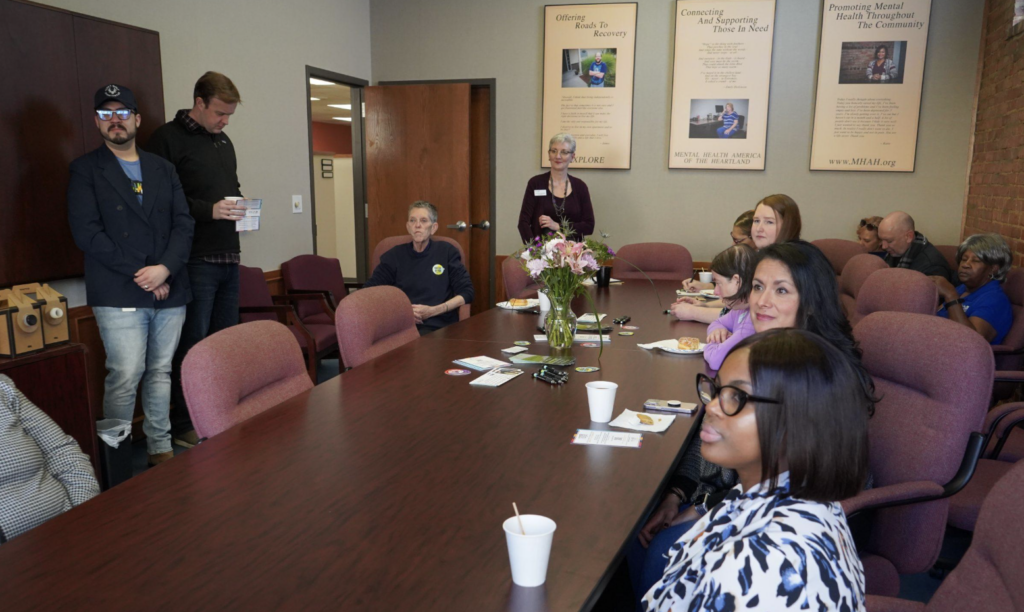Smoke Show: Is a software data tech technically a farmer? Worker protections hinge on the answer
Employees from a local cannabis company could change the shape of national labor law. No one involved saw this coming, but now the stakes have ratcheted up to the highest levels of power—all because of one agricultural conflict.
In September 2023, 17 BeLeaf Medical employees filed a petition with the National Labor Relations Board (NLRB) to unionize. The employees are members of the post-harvest department at the company’s cultivation facility that produces products under the Sinse Cannabis brand.
Following the employees’ efforts to form a union, BeLeaf Medical contested the attempts, citing the National Labor Relations Act of 1935, which excludes agricultural workers from unionizing. The company has argued that, since the employees deal with cannabis plants, their work is considered agricultural, which would forbid their efforts to unionize.
After votes were tallied in February of 2024, BeLeaf challenged 11 of the 16 total votes from the employees. The debates have now gone on for over a year and a half as the National Labor Relations Board Regional Director Andrea Wilkes has ruled twice on the side of the employees, stating that they are not agricultural workers.
One of the 11 challenged votes is from a former employee, Todd Rick, who some involved with the case believe was fired due to his involvement in leading the unionization efforts. United Food and Commercial Workers International Union Local 655 Lead Organizer Sean Shannon, who has been at the forefront of assisting the Sinse employees, says that Rick was merely a computer Metrc specialist.
“I don’t know how the company is going to navigate dealing with the pushback of when they’re held accountable for their actions. They illegally fired our main union supporter, who was a computer Metrc specialist, who they tried to say was a farmer because he’s on the computer all day. Dumb argument,” Shannon says.
The company has since filed a request for review by the national board, but there is a standstill on the entire process. Currently, the NLRB only has two standing members—David Prouty and Marvin Kaplan. In order to proceed, the board must have three of the five total members. Once the quorum is achieved, cases will begin to be resolved, including the BeLeaf case.
“They’re really just hoping that if this goes long enough, the workers will give up. That has been their goal since day one. They just want to push it out. They knew they’d lose,” Shannon says.
When the decision is made, a precedent will be established for employees not only within the Missouri cannabis industry, but all legal industries within the United States. Shannon believes that the company does not “have a leg to stand on” in the case.
He says that while they do hand-trim some cannabis plants, most of their work involves operating machinery that does the process at a more efficient scale.
“The post-harvest department was made up of a packaging department that packages the bud up in the packages to be sold, which was in no way agricultural. And then, there was the trimming department, and because they did some hand-trimming with the Mobius machine, the company tried to argue that they were agricultural because of hand-trimming. The fact is, right now, there is almost zero hand-trimming,” Shannon says.
In what Shannon claims has been an attempt to create confusion, he says that BeLeaf has shuffled employees to different departments in the Sinse facility.
“Now, what they’ve been doing is moving people in and out of departments and having them work—’Oh, you’re in cultivation. Go help out in post-harvest.’ They’re trying to create a gray area so folks don’t even know if they qualify,” Shannon says.
The organizer says that he has seen individuals who do similar work in other states where cannabis is legal unionize, and is hopeful that the Sinse employees will reach the same outcome.
“Hand-trimmers have long been not allowed [to unionize], but machine-trimmers have been allowed in several states, and through several rulings that the NLRB has made themselves, my folks should qualify. The board even did an investigation, had a hearing with the company, where my three workers were able to show the board and the company that, no, they’re not agricultural workers,” Shannon says.
He and the employees continue to meet every two weeks to discuss the situation and prepare for the results. There is no set timeline on when a decision will be made, considering the board is yet to reach quorum.
“I never thought it would take over a year like it has to open the ballots,” Shannon says. “I figured, at some point, somebody could see that this never should have gone through to begin with. We should have had the election result the day of the election, and we could have been bargaining a contract by now. But instead, these workers have been denied their Weingarten rights, denied their status quo protections, denied their representation at work, and there’s nothing happening to the company about it.”
Once the decision is final, many involved believe that the aftermath across the nation will be significant. It will be a group of employees in a fresh Missouri cannabis industry who will alter what proper labor laws look like for individuals across all 39 current legal medicinal and recreational markets.
BeLeaf Medical did not respond to comment before time of publishing, but will be updated with any responses.
Click below to read the July 2025 Issue of The Pitch Magazine:






